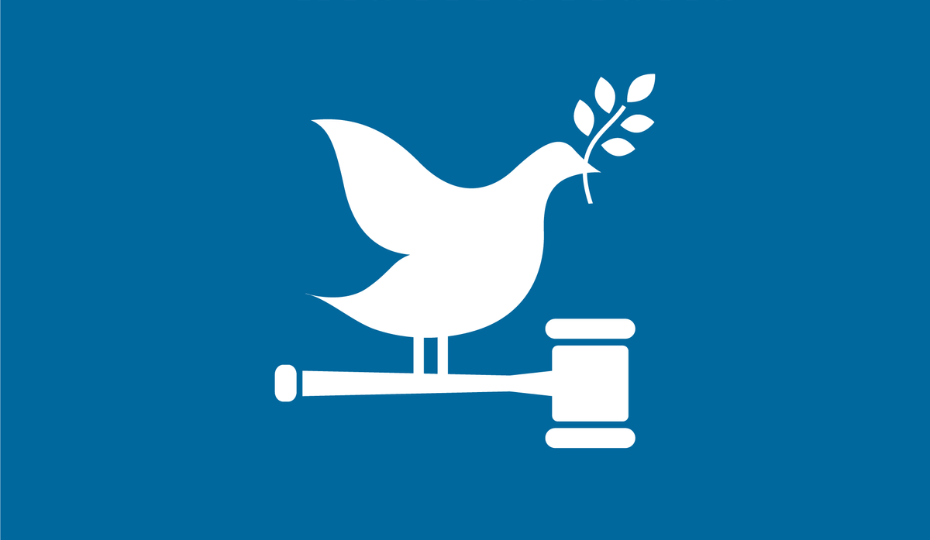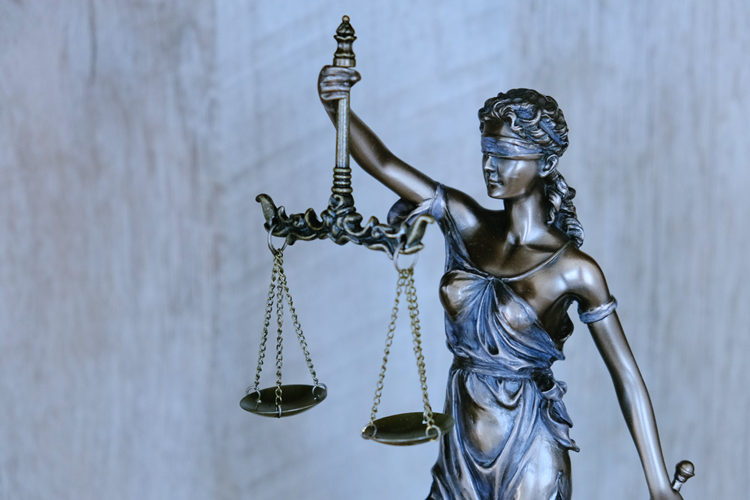Examples of our actions towards SDG 16 Peace Justice and Strong Institutions
The Centre for Sustainable Development Law and Policy is a research centre established by Prof Minnerop . It’s aim is to advance sustainable development and the SDGs through research across intersecting thematic areas. The centre has been published as a case study for the SDG accord reporting.
Research
Prof. Ferry’s world leading research& project leadership recently provided an international comparison of audit & accountability arrangements of governments by Supreme Audit Institutions (SAIs). This culminated in the Rio Declaration at the International Congress in Brazil that changed audit & accountability arrangements of SAIs across the world. Importantly, this helps to accomplish SDG 16 that highlights the importance of strong accountability for the state, underpinned by audits & accounting.
Global Voice: Audit and Accountability Arrangements of Supreme Audit Institution
Education
The module Capturing and Counting Peace and Conflict investigates how we can “capture” and accurately convey peace and conflict. The module covers top-down indicator systems, proxy indicators systems, participative numbers, counting and not counting casualties, monitoring and evaluation of peacebuilding projects, survey work, gender, the interface between top-down and bottom-up indicator systems, the story and methodology of the Everyday Peace Indicators project, measuring SDG16.
Capturing and Counting Peace and Conflict
Living the Values
We have a zero-tolerance policy towards bribery and fraud; actual or attempted. We are committed to encouraging prevention, detection, and a swift response to any instances of corruption. Transparency in financial dealings is paramount, particularly because the University, as a charitable institution, needs to demonstrate clearly the use of funds. Read out Anti-Bribery and Fraud Prevention policy to find out more
Anti-Bribery & Fraud Prevention Policy
Wider Student Experience
The Durham Global Security Institute offers two Masters courses – the MSc in Defence, Development and Diplomacy, and the MSc in Conflict Prevention and Peacebuilding. Both are taught in very interactive ways with a lot of contact with the practitioner world. Teaching involves Continuing Professional Development courses led by outside experts, a capstone simulation exercise, fieldtrips, and input from scholars and practitioners with first-hand experience of the conflict issues and areas
Durham Global Security Institute
Global
The protection of civilians in areas of violent conflicts and wars is among the main tasks of military peacekeeping. Our research project on this topic explores how military peacekeepers are experiencing their protection mandate and how they navigate their complex responsibilities. The project then compares and contrasts these experiences with those of civilians and humanitarian actors who are on the receiver side of peacekeeper’s protection mandate.
Peacekeepers as Soldiers and Humanitarians
Policy and Governance
The University’s governance framework and management arrangements, aim to support delivery of the University
Strategy 2017-27 and be responsive to the dynamic external operating environment. Council is the governing body of the University and its Trustee Board. Council has ultimate responsibility for all the affairs of the University, subject to the powers reserved to Senate, membership includes student representation. Find out more about our governing body.
Our governance framework & management arrangements
Freedom of Expression
We recognise that Freedom of Expression is a fundamental right, essential for upholding democracy, a free media, & political, artistic, & scientific development. It is a fundamental policy for us, as an academic institution, that in its activities there should be freedom of expression within the law
![]()


/prod01/prodbucket01/media/durham-university/about-us/environmental-social-and-economic-sustainability/Environment-Banner.png)







